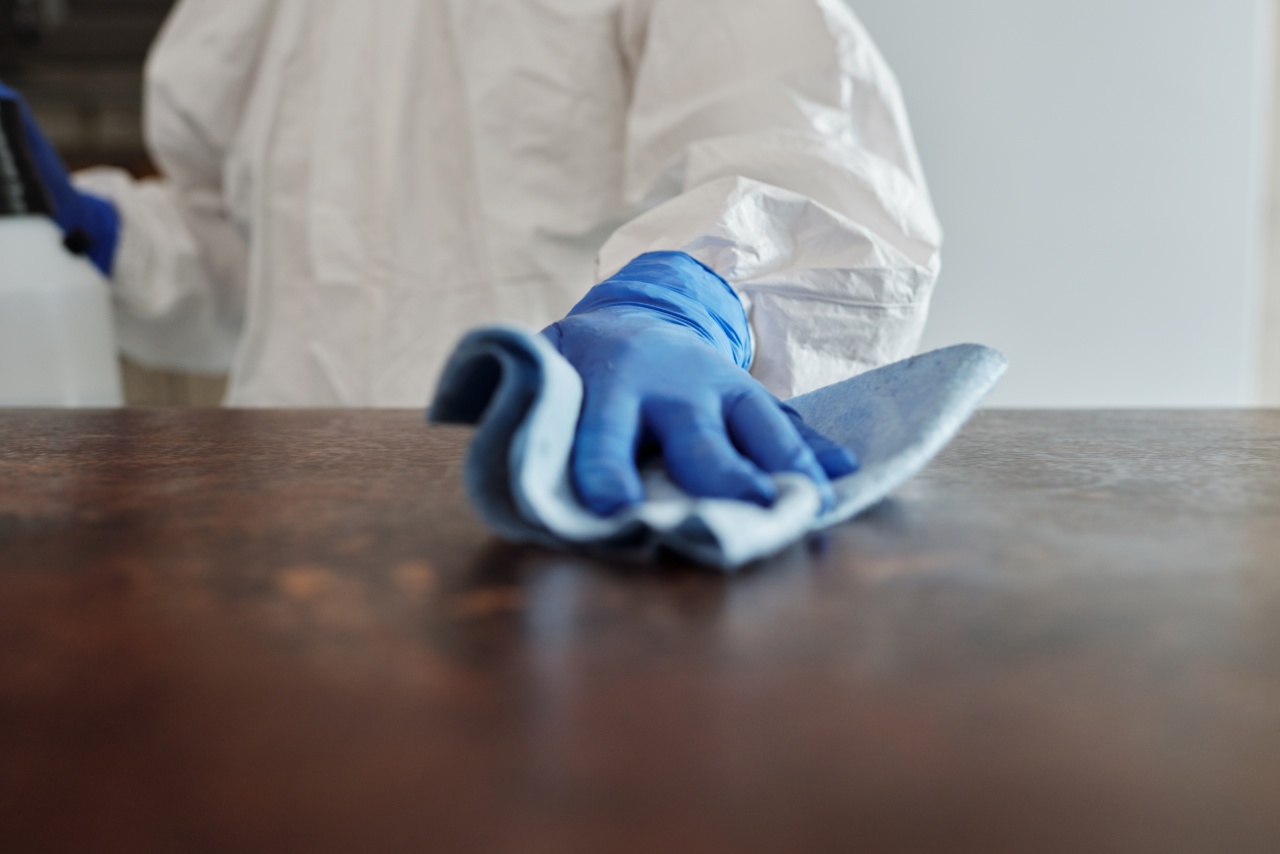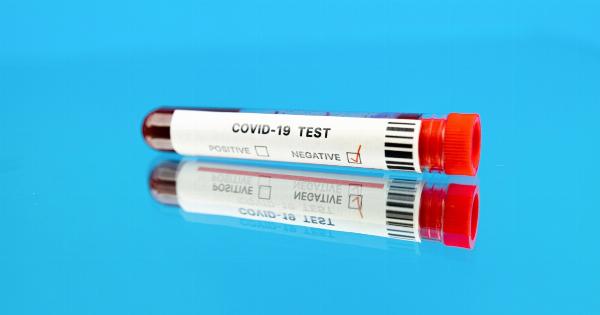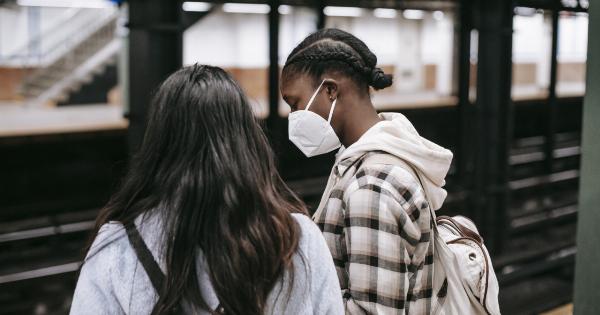With the increasing threats of infectious diseases, it is essential to stay informed and take necessary precautions to protect ourselves and our communities.
One such disease that has garnered significant attention in recent years is the Middle East Respiratory Syndrome (MERS). MERS is a viral respiratory illness caused by the Middle East Respiratory Syndrome Coronavirus (MERS-CoV). In this article, we will explore MERS outbreaks, the symptoms, and provide crucial tips for protection and prevention.
Understanding MERS
MERS was first identified in Saudi Arabia in 2012 and has since spread to other countries in the Middle East, Europe, Asia, and even the United States.
The virus primarily spreads through close contact with an infected person or through respiratory secretions. It can also spread through contact with contaminated surfaces.
Symptoms of MERS
The symptoms of MERS may vary from mild to severe, with some cases even resulting in death. Common symptoms include:.
- Fever
- Cough
- Shortness of breath
- Diarrhea
- Body aches
- Headache
- Sore throat
In severe cases, MERS can lead to respiratory failure, kidney failure, and severe acute respiratory distress syndrome (ARDS).
It is crucial to seek medical attention immediately if you experience these symptoms, especially if you have recently traveled to a region with reported MERS cases.
Tips for Protection and Prevention
While there is currently no specific treatment for MERS, taking preventive measures can significantly reduce the risk of contracting and spreading the virus. Here are some essential tips for protection and prevention:.
1. Practice Good Hygiene
Wash your hands frequently with soap and water for at least 20 seconds, especially after coughing, sneezing, or touching potentially contaminated surfaces.
If soap and water are unavailable, use an alcohol-based hand sanitizer with at least 60% alcohol content.
2. Cover Your Mouth and Nose
When coughing or sneezing, cover your mouth and nose with a tissue or the inside of your elbow. Dispose of used tissues immediately in a proper bin and follow it up with hand hygiene.
3. Avoid Close Contact
Avoid close contact with individuals showing symptoms of respiratory infections, such as coughing, sneezing, and fever. Maintain a reasonable distance of at least 1 meter (3 feet) from anyone displaying such symptoms.
4. Wear Face Masks
In situations where close contact cannot be avoided, such as in healthcare settings or crowded public areas, it is advisable to wear a face mask. Ensure that the mask covers both your nose and mouth adequately.
5. Clean and Disinfect Surfaces
Frequently clean and disinfect high-touch surfaces in your home or workplace, such as doorknobs, light switches, countertops, and mobile devices. Use a household disinfectant that is effective against viruses.
6. Avoid Travel to Impacted Areas
Avoid non-essential travel to regions with reported MERS cases. Stay updated with travel advisories and follow the guidance provided by health authorities to minimize your risk of exposure.
7. Follow Food Safety Practices
When handling and preparing food, practice good hygiene by washing your hands thoroughly. Ensure that meat and other animal products are properly cooked before consumption. Avoid consuming raw or undercooked meat.
8. Boost Your Immune System
Maintaining a healthy lifestyle, eating a balanced diet, getting regular exercise, and getting enough sleep can help strengthen your immune system and reduce your susceptibility to infections.
9. Stay Informed
Stay updated on the latest developments regarding MERS outbreaks and follow the guidance of reputable health organizations, such as the World Health Organization (WHO) and the Centers for Disease Control and Prevention (CDC).
10. Seek Medical Attention
If you develop symptoms of MERS or have been in close contact with an infected individual, seek medical attention immediately. Follow the advice of healthcare professionals and inform them about any recent travel or potential exposure.
Conclusion
MERS outbreaks pose a significant public health concern, but by practicing good hygiene, adopting preventive measures, and staying informed, we can protect ourselves and our communities.
Remember to follow the tips mentioned in this article and consult with healthcare professionals for any specific guidance. By taking proactive measures, we can minimize the risk of MERS transmission and contribute to a healthier world.



























